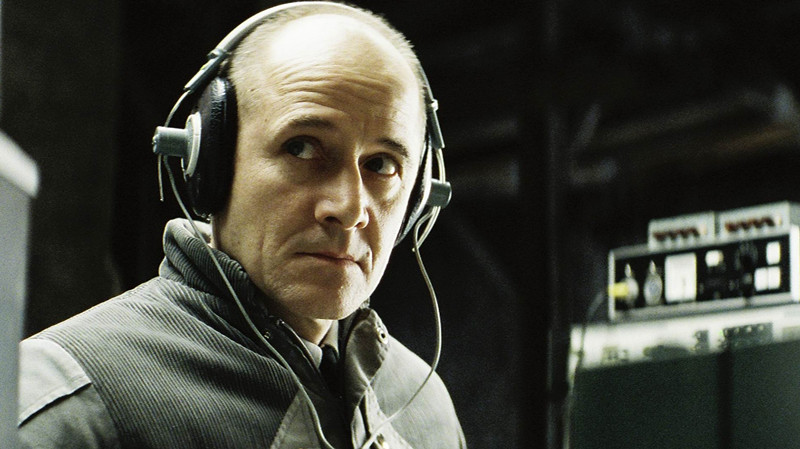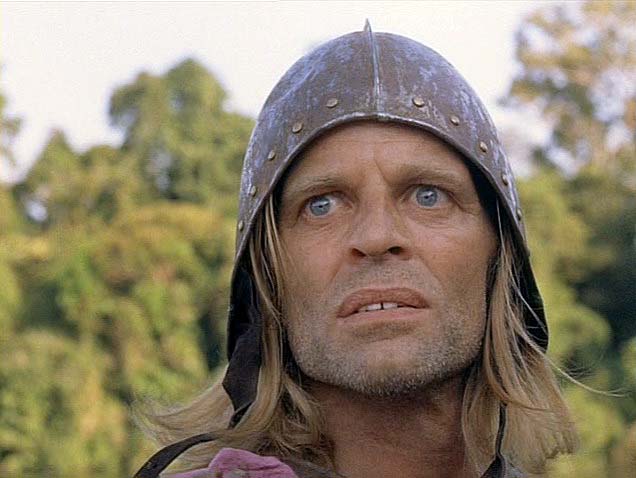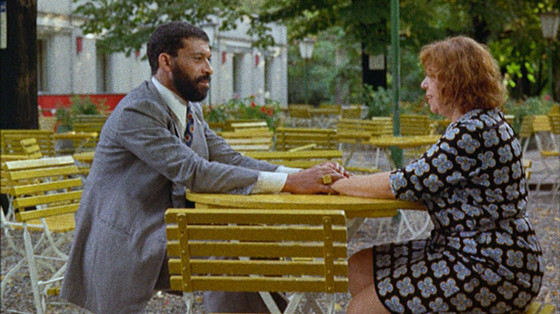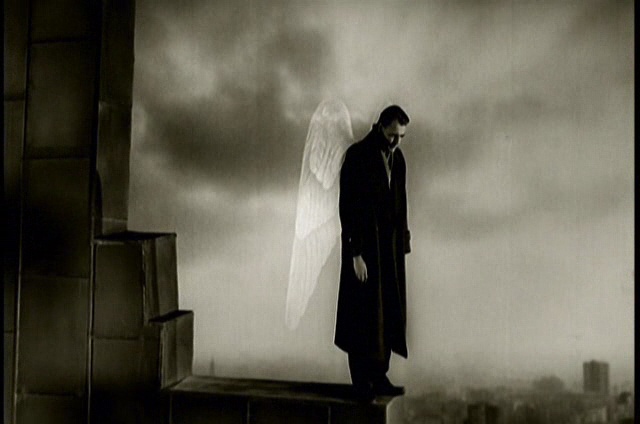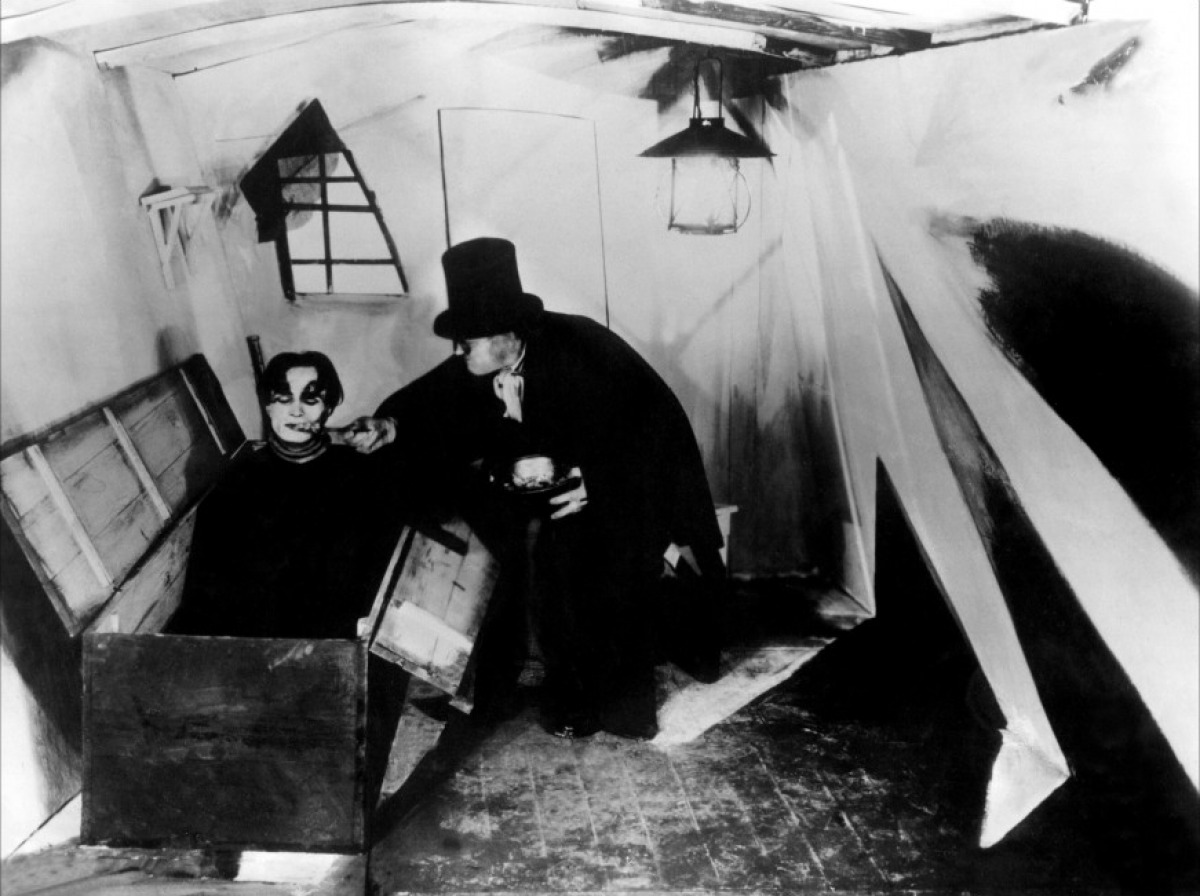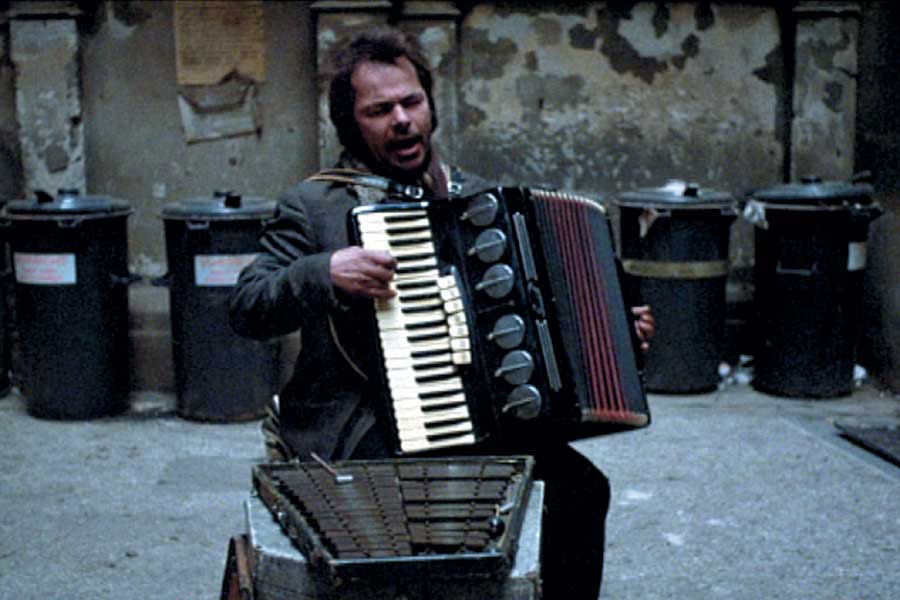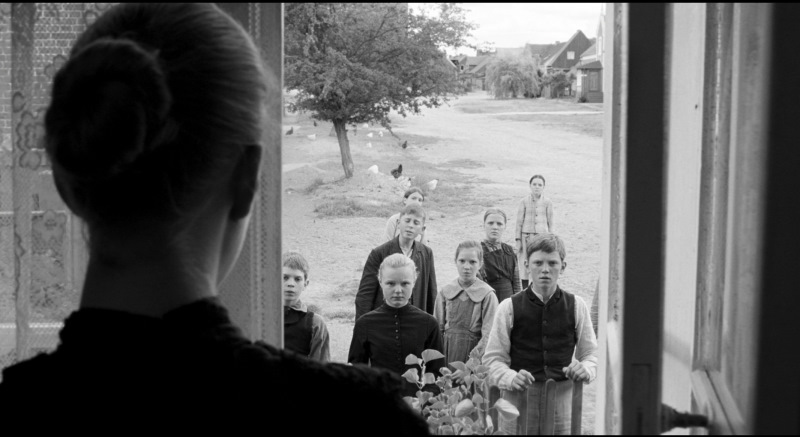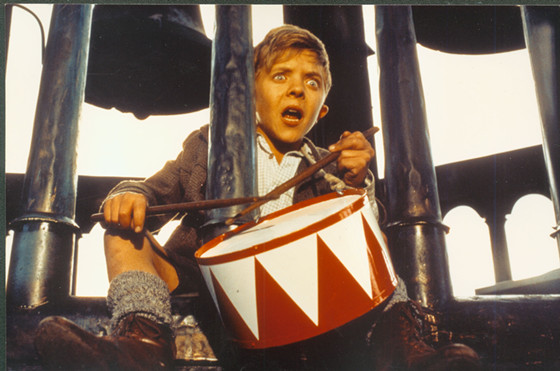10. The Lives of Others (Florian Henckel von Donnersmarck, 2007)
This tale of quiet deception is one of the most unforgettable Cold War spy-thrillers, seemingly coming out of nowhere to become one of the most talked about German movies of the last decade, and one of the most remarkable film debuts in history. Gerd Wiesler (Ulrich Mühe), an agent of the notorious East German secret police, the Stasi, slowly becomes emotionally involved with and then eventually deeply entangled in the lives of the people he has to spy on.
A touching movie about loneliness and redemption, it has been compared to Francis Ford Coppola’s masterpiece ‘The Conversation’.
9. Aguirre, The Wrath of God (Werner Herzog, 1972)
Based on the journals of a priest who accompanied Spanish conquistador Gonzalo Pizarro, younger half-brother of Francisco Pizarro, the conqueror of the Inca Empire, the movie follows a troupe of ragtag conquistadors led by the manic Lope de Aguirre (Klaus Kinski) as they plunge into the Peruvian jungle looking for the elusive riches of El Dorado.
At the crux of the movie lie the horrendously demanding location shots and the obsessive performance by larger-than-life Klaus Kinski. Kinski and Herzog went on to form one of the most legendary actor-director partnerships in film history, second only to that between de Niro and Scorsese. The swashbuckling credentials of this movie have been surpassed only by Coppola while filming ‘Apocalypse Now’.
8. Ali: Fear Eats the Soul (R.W. Fassbinder, 1974)
One of the best films of the New German Cinema period, this most personal of Fassbinder’s projects (he produced, scripted and directed) tells the deceptively simple and familiar love story between elderly cleaning lady Emmi (Brigitte Mira) and the young Moroccan immigrant worker Ali (El Hedi Ben Salem). They meet in a bar, awkwardly fall in love and face due societal opprobrium.
Something so familiar and pedestrian is turned from lurid soap opera material into an agonizing meditation on human hypocrisy and cruelty by Fassbinder’s uncanny ability to inject his own personal tragedies and disillusions into his characters. He was able to do this in most of his more than 40 movies before his untimely death at 36 from a cocaine overdose.
7. Wings of Desire (Wim Wenders, 1987)
A unique, enriching and literate movie, it tells the story of two angels, Damiel (Bruno Ganz) and Cassiel (Otto Sander) whose duty is to watch over the people of Berlin. Eventually Damiel grows too attached to the plight of the people he seeks to help and sheds his immortality in order to experience life and love as a human. This familiar literary motif taken straight out of the Romantic movement’s cookbook is given a poetic, languid and ponderous treatment by this most philosophical of German filmmakers.
6. The Cabinet of Dr Caligari (Robert Wiene, 1920)
A product of huge shifts in artistic imagination in the wake of the brutal, mechanized and profoundly dehumanizing World War I, this most influential of silent films is seen by many as one of the first horror movies. The simplistic plot involves mysterious hypnotist Dr Caligari (Werner Krauss) who has sleepwalker Cesare under his spell and together the walk the carnival circuit. Following the murder of his friend, Francis (Friedrich Feher) begins to suspect the doctor.
The undisputable star of the movie is the Expressionist set design, stark, angular and creepy, which went on to become a strong influence on the film noirs of the 1940’s when German directors like Billy Wilder or Fritz Lang escaped to America from the Nazis, bringing the legacy of German Expressionism with them.
5. Stroszek (Werner Herzog, 1977)
Boasting one of the most heart-wrenching closing credits ever, this movie is perhaps most famous for being the last movie Ian Curtis, the singer of legendary British band ‘Joy Division’ watched before hanging himself. Other tidbits about the movie: Bruno S, the central performer, had spent 23 years in a mental institution after being almost beaten to death by his prostitute mother and had become almost autistic; the script was written by Herzog in a few days after visiting Plainfield, Wisconsin, the birthplace and stomping ground of infamous serial killer Ed Gein (alleged inspiration for ‘Psycho’, ‘Silence of the Lambs’, ‘Manhunter’)
This highly poetic docudrama follows the always surprising meanderings of three misfits who try to escape from their dreary lives in a Berlin suburb to the vast meaninglessness of Wisconsin. It is truly one of the most moving films ever made.
4. Metropolis (Fritz Lang, 1927)
Considered by many to be the most influential science-fiction movie ever made, it opened up the floodgates of imagination and its influence has trickled down into modern classics like ‘Blade Runner’,’ The Matrix’ or ‘Star Wars’. The culmination of Germany’s ‘Golden Age’ of cinema, it nearly bankrupted the UFA studios, but managed to leave an indelible mark on the movie canon, with its story about pointless industrial drudgery and class warfare set against the background of some of the most gigantic movie sets ever constructed.
The newly restored 2008 version accompanied by Gottfried Huppertz’s original score is the preferred version, although one can find a 1984 shortened version, which features Billy Idol on the soundtrack.
3. The White Ribbon (Michael Haneke, 2009)
A tour de force of somber and melancholic cinema, the last German film to win the Palme d’Or, ‘The White Ribbon’ is Michael Haneke’s masterpiece. The film’s hypnotic and magical effect is akin to a crystal-clear and ice-cold mountain lake which lures any casual passer-by to take the plunge. People accusing it of unnecessary pretentiousness, lack of cathartic denouement or slow pace should stick to re-runs of Sex and the City. It is unquestionably the best German movie of the past decade.
2. The Tin Drum (Volker Schlöndorff, 1979)
An allegory about the rise and fall of National Socialism in Germany, it’s based on the classic novel of the same name written by Nobel prize winner Günter Grass.
The movie is accompanied by the narration of its central character Oskar Matzerath, played to perfection by young David Bennent. In Danzig, a city with a complicated history located in East Prussia (now in Poland), Oskar’s mother Agnes (Angela Winkler) loves two men, the German Alfred Matzerath (Mario Adorf) and her Polish cousin Jan Bronski (Daniel Olbrychski). Oskar’s biological father is Bronksi, but Matzerath goes on the record. We can hear Oskar’s disdain for the fickleness of the outside world right inside his mother’s womb.
Fed up with his mother’s constant philandering and the hypocrisy of the adults around at age 3 Oskar decides to have an accident and stop growing. His only consolation in life is a red-and-white tin drum which he bangs often to protect himself from anything unpleasant. When that doesn’t work, he emits an ungodly, glass-shattering shriek. Oskar works as an embodiment of the social complacency in face of evil (he witnesses the rise of the Nazis), the politics of burying one’s head in the sand in front of anything unpleasant around and avoiding any responsibility. The perpetual timeliness of this theme and the way it is expressed here, make this film one of the most enduring masterpieces of German cinema.
1. M (Fritz Lang, 1931)
Making a movie that tries to sympathize with a monster even in the remotest possible and getting away with it is a hard task for any director. Imagine accomplishing that more than 8 decades ago with an actor previously known for his comedic roles, Peter Lorre who transforms himself into Hans Beckert, an ogre who is kidnapping and killing small children on the streets of Berlin in 1931.
Possibly conceived as a cautionary tale to urge parents to take better care of their children, the movie has lost absolutely none of its artistry and emotional impact, and remains one of the most haunting serial-killer movies ever made, with mysterious whistling and chalk marks playing important roles in the ingeniously unfolding plot. One might say that this movie opened the stylistic doors for film noir and its counterpart in eeriness, Charles Laughton’s ‘The Night of the Hunter’ closed them in 1955. Timeless classic of the highest order.
Author Bio: Alex Nasaudean is an English teacher from Romania, currently working in China. A long-time movie addict, his favorite directors include David Lynch, Martin Scorsese, Michael Haneke, Takeshi Kitano etc.
